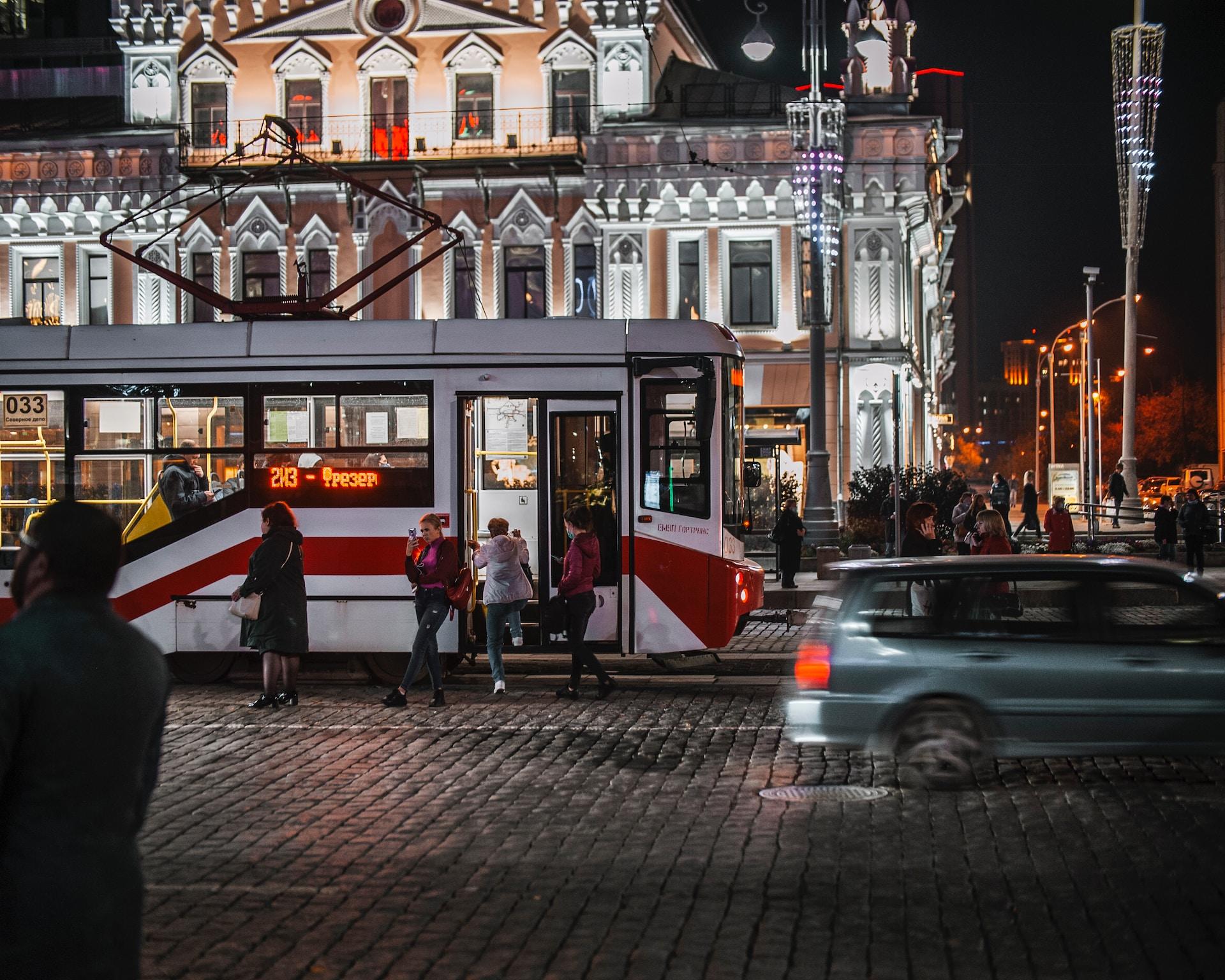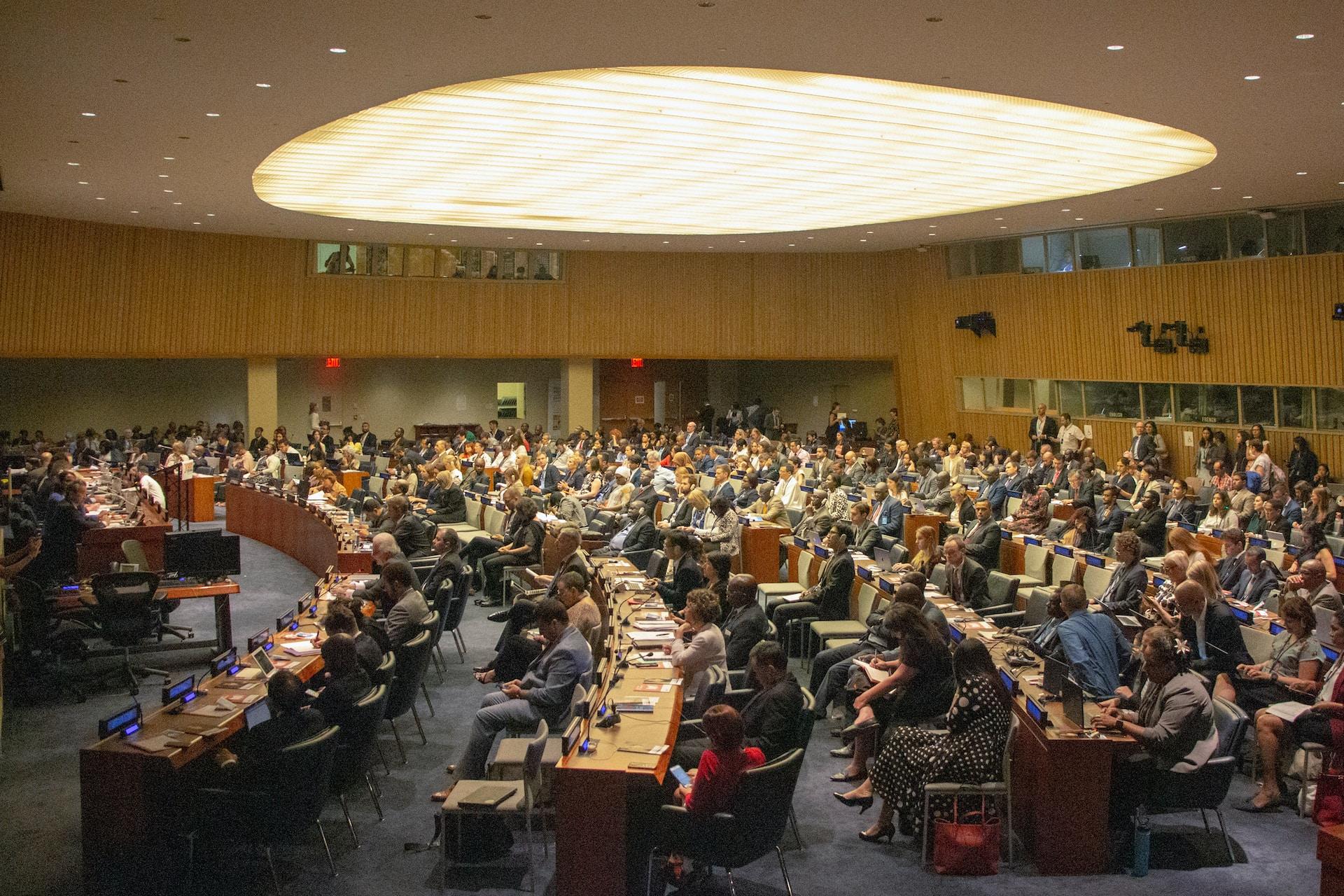In September 2006, Brazil, Russia, India and China formed an economic alliance. They apparently didn't crave a fancy name, so they used an acronym of their countries' names that Goldman Sachs had bestowed on them. Unlike the World Bank or the International Monetary Fund (IMF), the BRIC name gave no clue to its functions, aspirations or intentions.
South Africa joined this unofficial association in 2010, adding the S to the BRIC moniker. With that nation's inclusion, the alliance had representation on four continents. Then, those countries' leaders began holding summits to discuss some of the world's greatest economic challenges. In 2014, the five nations' leaders signed an agreement to fund a New Development Bank (NDB) and a Contingency Reserve Arrangement (CRA).
Those two initiatives give us a clue of what BRICS is about. But immediately, we wonder: we already have the World Bank and the International Monetary Fund (IMF). Does BRICS mean to unseat them? Or do they see things more in competitive terms? What if we told you that:
- BRICS nations are happy to function within and contribute to the Group of 20 (G20)?
- The NDB is set to fund infrastructure projects in oft-overlooked regions?
- BRICS has been troubleshooting and proposing solutions to global governance inefficiencies?
- BRICS nation leaders have no desire to take over the world?
It's rather strange how little BRICS press there is, considering how significant and economically impactful this group is. And how alarmist most of the existing coverage is. The Western press gives relatively few column inches to member countries Brazil and South Africa. India is also mostly ignored but the demonisation of China and Russia continues apace.
Superprof aims to cut through this all. We'll paint BRICS within the existing global frameworks and point to the systemic deficiencies they focus on. We'll talk about some of their initiatives and how they came about. And we'll cover some of the contentions that other world powers find alarming.

BRICS and Global Governance Institutions
BRICS nations are all members of the Group of 20 (G20) forum. G20's main focus is global economic issues but they also address climate change, global financial stability and sustainable development. The initial BRIC members got together during a breakout session at the General Debate of the UN Assembly in New York City in 2006. Mutual agreement on pertinent issues led these four leaders to make loose plans for a formal meeting.
Three years later, BRIC held its first formal summit. The world was reeling from the 2008 economic crash at the time so it was no surprise that reforming financial institutions would be the top agenda item. But they also talked about the global economic situation and what they might do to improve it.

They also addressed inequality. Global governance institutions considered all four countries 'developing', implying they had little to contribute on the world stage. The BRIC members wanted to become more involved in global decision-making. And they had plenty to offer.
Jacob Zuma, then-president of South Africa, saw their potential. One year after the initial BRIC summit, China invited South Africa to join the alliance, formally changing its name to BRICS. Since those early forays, leadership in every BRICS country has changed at least once. Still, the nations remain committed to their initiatives.
And they all still attend every global governance summit, balancing their alliance's power with their nations' representation on the world stage. Many consider BRICS a rival to the Group of Seven (G7), a political forum of the seven most advanced economies. That's rather telling, especially if you look at the numbers.
Forty-one per cent of the world's population lives in BRICS nations. These countries' gross domestic products (GDP), populations and areas rank them among the world's 10 largest countries. As of March 2023, BRICS nations' global GDP contributions exceed the G7 countries' by 1.5%. But BRICS leaders aren't interested in rivalling or supplanting anyone.

BRICS Initiatives for Change
Global governance and economic institutions follow a template established some 75 years ago. Some of the focus has changed and their policies reflect that. Economic Shock therapy and waves of privatisation starting in the mid-80s stand as two of the most prominent examples of such. But for underserved nations, mostly in the global south, consideration has changed but little.
This is where BRICS initiatives shine. These leaders take up disadvantaged countries' causes at World Trade Organisation (WTO) meetings. As an example, current subsidies in the US and European Union (EU) leave southern-hemisphere agricultural initiatives fallow. BRICS leaders strive to promote fairer trade conditions for developing countries, especially in the agricultural sector.
Lowering trade barriers on commodities like agricultural products is just one aspect of BRICS' focus. Infrastructure and sustainable development take up the lion's share of their portfolio. Here, too, established entities express unease. But the BRICS Development Bank, far from being a challenger to the World Bank, prefers to fill in its gaps.
BRICS leaders join G20 countries in formulating and bringing about changes in the global economy and the institutions that steer it. For instance, since the 2008 crash, we've seen little reform of trade and finance policies. That has more to do with historical seats of power than any lack of effort. Power-sharing is hard when one group has been the global steward for so long.
Still, BRICS initiatives have made headway. For instance, several countries now engage in bilateral trade using a mutually-agreed currency. As WTO trade policies are a source of contention for many nations, finding ways to lower trade barriers results in more trade opportunities worldwide. The default trading currency is also coming into question. Why should one nation have such power and influence over global markets?
BRICS proposes using blockchain technology and devising a global digital currency for international trade. Each nation's currency would trade for the digital currency at a rate commensurate with the countries' economic indicators. The existing system shuts poorer nations out of global markets because they cannot risk investing in foreign currencies and market fluctuations. The BRICS initiative would eliminate the need for countries to hold reserves in a foreign currency to engage in trade, as is currently the case.

Inter-BRICS Collaboration
In our introduction, we specified that BRICS is an unofficial alliance. In other words, it's made up of five countries whose leaders have agreed to work towards an equitable international system. They came together to pool their resources and share ideas. Other countries are welcome to join BRICS initiatives; indeed, many have and many more have applied.
BRICS doesn't operate on a zero-sum mentality. It's not 'us against them', nor is it a "We've agreed to be in this together so we support each other in everything, no matter what" proposition. BRICS leaders have their bad-blood skirmishes, just as all other political leaders do. For instance, China-India relations are less than cordial when it comes to border disputes.
These countries' leaders don't have to like each other or like how their counterparts run their respective countries. In fact, encouraging other countries to respect nations' sovereignty is one of the BRICS' stated missions. That's why China won't intercede in Russia or North Korea even though President Xi has the political and economic clout to do so.
It also explains South African President Cyril Ramaphosa's dilemma over President Putin's International Criminal Court (ICC) arrest warrant. His country should host the 2023 BRICS summit. As a BRICS leader, the Russian head of state must attend. President Ramaphosa's pleas to the G7 leadership for diplomatic immunity have so far fallen flat.
Whether or not President Ramaphosa personally believes his Russian counterpart should face charges is immaterial. Regardless of individual actions and situations, these five leaders take their commitment to BRICS initiatives seriously. They intend to continue working together despite individual leaders' doings. Thus, Mr Ramaphosa has proposed moving the summit to China, out of ICC's reach.
We mustn't see that as failing to cooperate with the international order or even protecting a war criminal. After all, the US is also not an ICC member. That country even has laws in place that forbid the ICC to hold any American to account for war crimes. That country hardly has room to condone ICC charges against anyone.
This dilemma stands as a fine example of the international rules-based order that BRICS seeks to balance. Granted, their initiatives are primarily economic but justice is also a part of their portfolio. For instance, China leads the world in renewable energy and sustainable development, with other BRICS nations in tow. Thus, China's - and, by extension, BRICS' standing on rules for carbon emissions and environmental issues falls within the BRICS framework.
In this way, BRICS nations and the alliance itself can and does have influence over global governing institutions. They exert it without proclaiming, demanding or sanctioning any other nation or leader. BRICS' growing presence on the world stage has opened the door to more mainstream acceptance and a lot less distrust.
Summarise with AI:
















